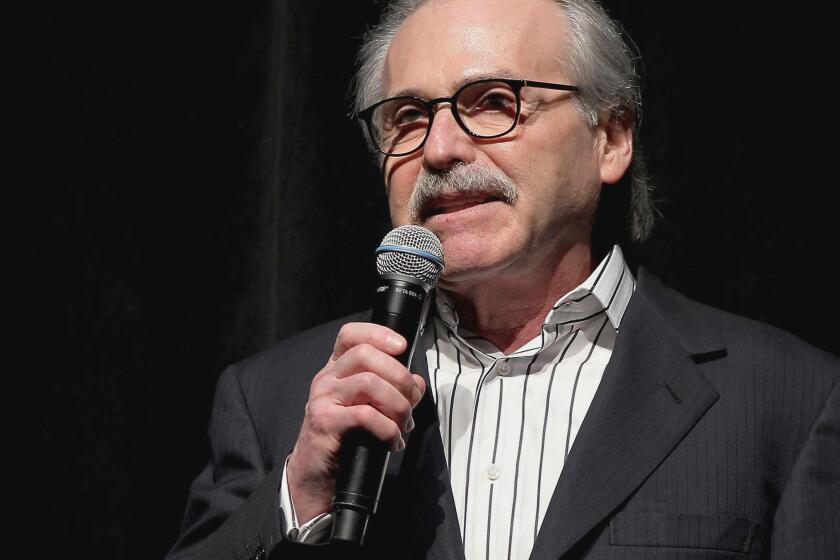Network of moms donates breast milk to 1,000 Paraguay babies
A Paraguayan network of over 240 young mothers has set out to donate enough breast milk every year to feed close to 1,000 babies who cannot be nursed by their own mothers, either because of maternal health problems or because they were born prematurely or because they were abandoned at birth.
The project, coordinated by Asuncion’s San Pablo Hospital, is made possible by a mobile unit that visits the mothers every week to collect the containers of milk that have been previously frozen.
After gathering the sterilized containers, the milk is taken to the hospital’s maternity ward, where biochemical analyses are done to guarantee that the donors did not suffer from such illnesses as HIV, hepatitis B or the rubella virus.
On one of the pick-up routes in an Asuncion neighborhood, Lizzi Miranda, a 26-year-old mother, told EFE that she decided to join in the project after doctors assured her she could nurse her baby girl despite the medication she takes to alleviate her epilepsy.
Miranda said that after the neurologists’ first thumbs-down responses, it was a “blessing” to discover that she could give milk to her baby, and so chose to help other babies in need of it.
The mother noted the importance of this program in fighting the “taboos” that exist in Paraguay with regard to suckling babies, especially after the first year of breastfeeding.
According to 2017 statistics of the Food and Nutrition Institute (INAN), Paraguay is the country with the lowest breastfeeding index on the continent, since only 12.5 percent of mothers nurse their babies, compared with the 50 percent recommended by the United Nations International Children’s Emergency Fund (UNICEF).
On the route of donors’ homes, the nurse managing the service, Juliana Martinez, spoke highly of the virtues of breast milk compared with synthetic alternatives like “milk formulas.”
“However hard they try to make milk formulas like the real thing, it will never be the same because it will never have all the nutrients that come from the mother,” Martinez said.
Her work consists not only of collecting the milk but also establishing a “dialogue” with mothers to ask them “how they feel” and show them what they are doing “to improve” society.
Nonetheless, Martinez criticized the low visibility of the Breast Milk Bank at San Pablo Hospital and asked for more “publicity” so that more women around the country get to know about it.
Vanesa Fernandez, another breast milk donor, learned about the project on Facebook and decided to deliver the milk she had saved in case her work schedule kept her from nursing her baby.
“I extracted milk for my baby because I was about to start work, but I had the luck to be able to be with her every time she wanted it,” she said.
For Fernandez, donating is a way to help “babies in need,” who don’t have access to their mother’s milk, for which there is no real substitute.
In fact, the project helps babies born to broken homes that due to problems of drug addiction cannot be nursed by their mothers.
The Breast Milk Bank collected in 2018 a total of 1,480 liters (390 gallons) of raw breast milk, from which 494 liters of pasteurized breast milk were prepared for feeding babies.
The collected milk is stored in special freezers at the hospital to guarantee its quality and is provided in response to orders from pediatricians at a number of medical centers.



